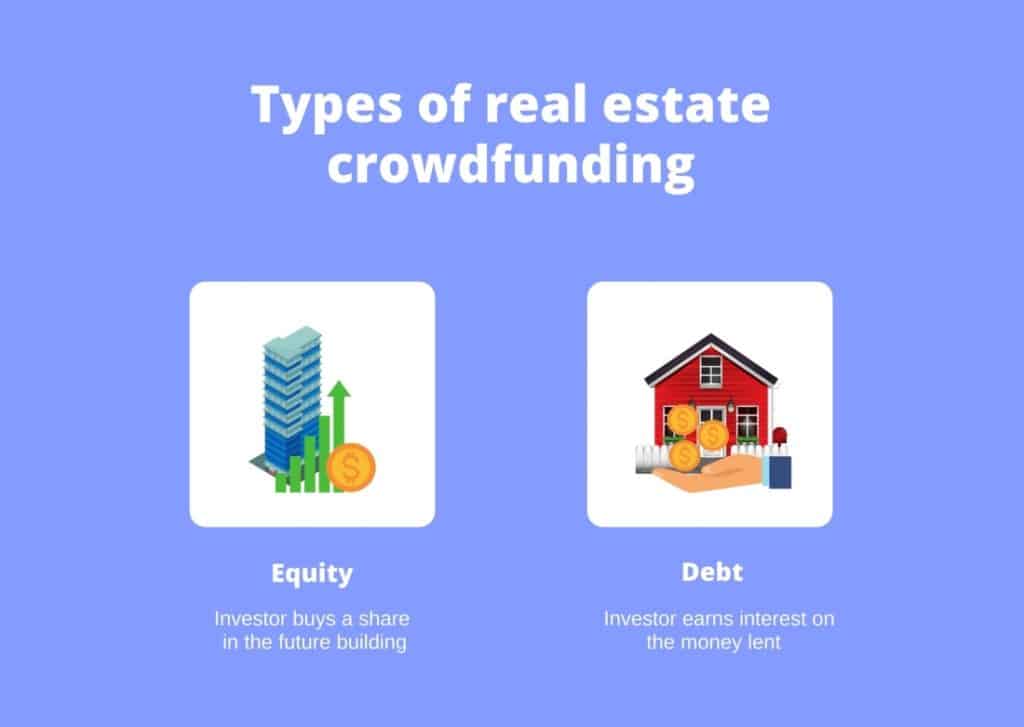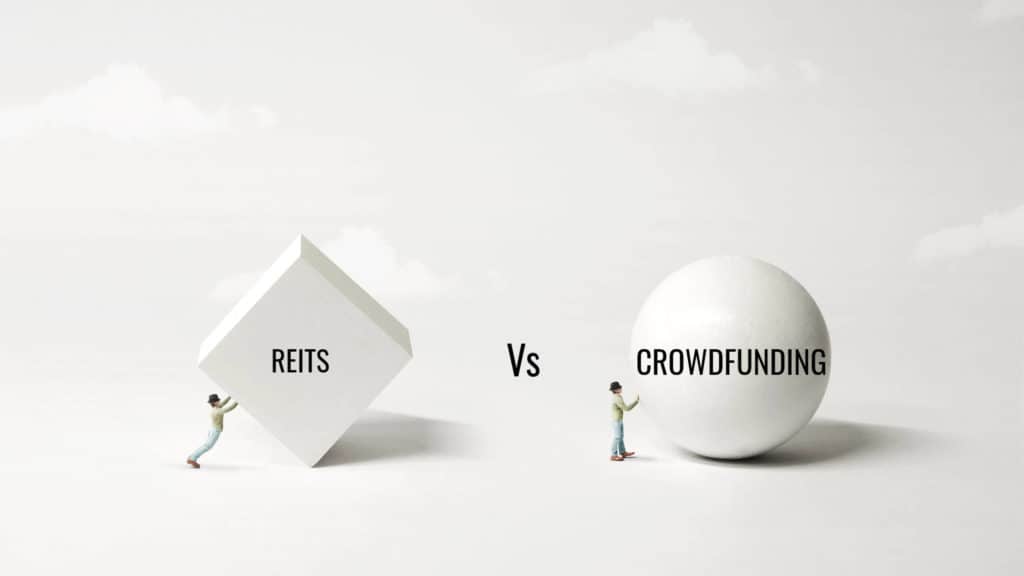Property Geek
We provide the actual and accurate information with unbiased user driven reviews to our viewers, to help them see the best and find the best!
View posts
In simple terms, real estate crowdfunding is a financial model for developers as it enables them to raise capital by connecting with a pool of interested investors who’d like to invest in real estate. However, if you are not quite sure of crowdfunding real estate investments, their functions, the types, and how is investing in real estate through crowdfunding helpful?
We recommend you to head over to the article below as we have curated everything and more about real estate crowdfunding in India!
Given the current climate, crowdfunding real estate investment has caught the attention of many people and is becoming more and more popular, particularly among real estate investors and developers. We’re sure you’ve heard about individuals occasionally giving money to make a difference or assist someone in need; examples of these people are those with the means to contribute to the building of a charity hospital or the medical treatment of someone who is unable to pay for their own care. Investors might assist a cause financially by learning about it through various social media sites.
This is made feasible by fostering global connections through social media and enabling real estate crowdfunding. While you may be familiar with these organizations and/or related social concerns, crowdfunding for real estate is also a thing.
How?

Crowdfunding for real estate is similar in that it ensures real estate development through investors in order to draw significant quantities of finance, that too comfortably and easily. In exchange, they take ownership of the property or business as shareholders and are allowed to obtain financing that otherwise would not have been available. Haven emphasized that as compared to the social purposes of real estate, real estate crowdfunding in India isn’t quite as developed.
Sam, a real estate crowdfunding entrepreneur, spots a run-down home that’s up for grabs but doesn’t have any facilities. The real estate investors take note of several estimations with regard to refurbishment, expansion of the facilities, etc., to the property’s location-based worth of Rs 2.5 crores.
Sam currently projects that the cost, inclusive of the necessary construction and refurbishment, would be about Rs 1.5 crores with a market worth of Rs 8 crores over the next 4 to 5 years. He thus needs Rs. 4 crores right away.
Enter real estate crowdfunding offers a chance for real estate investors, keeping in mind that even the developer would prefer investors as compared to bank loans.

Here are the two different types of real estate crowdfunding available in the real estate business:
This is an equity-based approach in which a modest real estate investment is made to aid the developer in raising money. When and if the property is sold, the investor gets compensated with a portion of the rental income.
This is a well-known and established kind of real estate crowdfunding where the investors get a set interest rate. This rate is related to the initial investment made in the property.

Listed below are the 5 best characteristics of real estate crowdfunding in India:

For a better understanding, let’s conclude the article with the help of a tabular explanation of the difference between REITs and Real Estate Crowdfunding in India:
|
REITs |
Real Estate Crowdfunding |
|
1. Cannot choose the property to invest in |
1. Can choose the property to invest in |
|
2. There is a guaranteed income in the form of dividends |
2. There are low to high returns |
|
3. It involves the cost of maintenance |
3. The investors do not need to pay heed to the maintenance of the property |
|
4. Not quite transparent |
4. Very transparent |
|
5. Has a low-risk investment |
5. Could be risky |
|
6. There are heavy expenses since the investment is high in crowdfunding in India |
6. There are lower expenses with no minimum investment amount |
|
7. It isn’t recommended for small real estate investors |
7. Needs no credit check |
Yes! Since the REITs are traded daily on stock exchanges, they can be bought or sold quicker.
The biggest difference between REITs and crowdfunding is that REITs can be managed better by a regulator, while, on the other hand, crowdfunding is within the reach of a lot many big and small investors and could run a risk of poor management.
Given India is not yet quite advanced, the real estate crowdfunding financial model stands at the advantage with no minimum amount, unlike in the case of REITs.
India restricts equity-based crowd fundraising but does not forbid reward- or donation-based crowdfunding, which is also often carried out online. Crowdfunding that is based on donations or rewards is lawful, but there is no explicit law that governs it.
Online fundraising through crowdfunding is a common practice. Crowdfunding is frequently used by people to raise money for a cause, a company, or presents. It’s critical to be aware that funds received through crowdfunding can be subject to taxation.